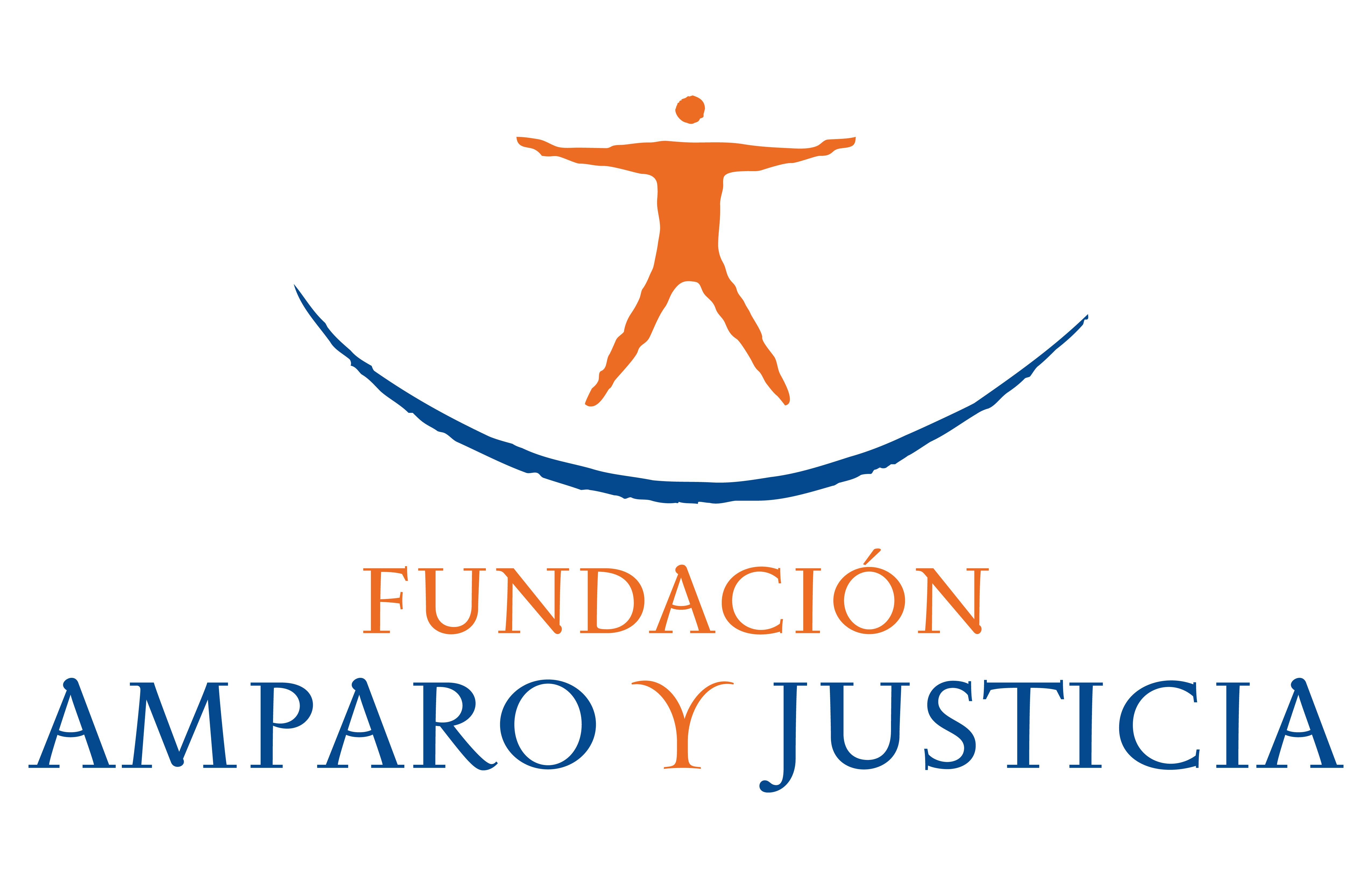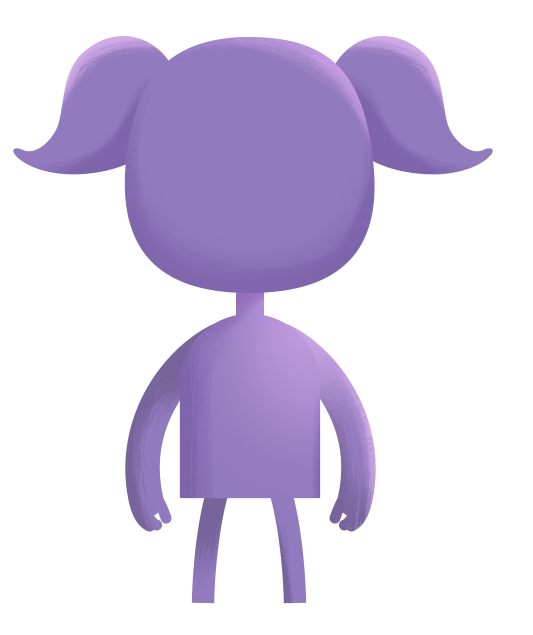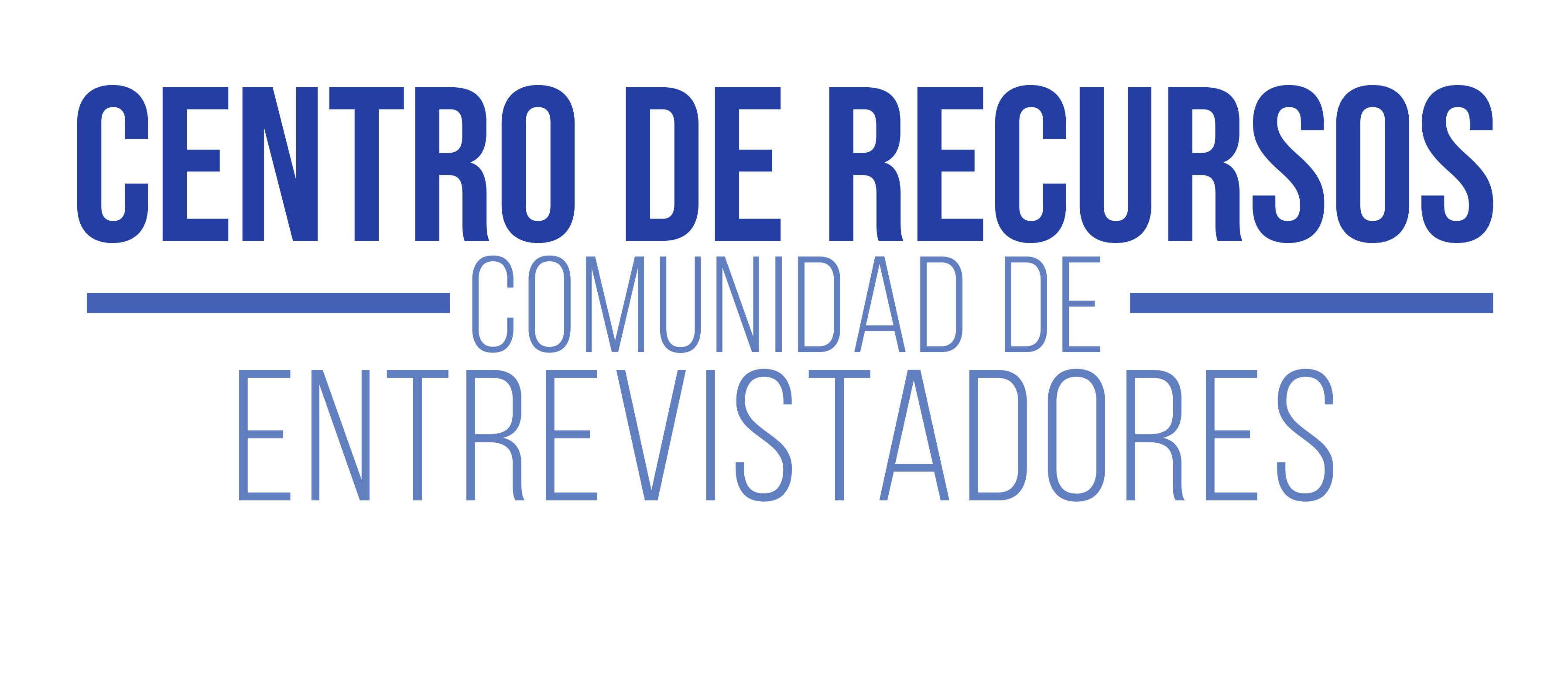#DontAskMeAgain
What should I do if I find out about a sex crime against a child or teen?

You can go to Carabineros (National Police), Policía de Investigaciones (Investigations Police), the Fiscalía or Ministerio Público (Public Prosecutor’s Office), or any criminal court.
If for any reason you cannot go to these institutions, you can also seek help from any public official, healthcare worker, or education worker. They have a legal obligation to report situations that may constitute a crime.
Do you know what sexual abuse is?
If you are a child or adolescent, it is important to understand that certain actions related to sexuality can infringe your rights. If someone forces you to touch their body, touches your private parts, or exposes their genitals using physical force, threats, or deception, this is considered sexual abuse and is a crime.
If something like this happens to you, you can file a complaint with Carabineros (National Police), Policía de Investigaciones (Investigations Police), the Fiscalía or Ministerio Público (Public Prosecutor’s Office), or any criminal court. If you do not want to report it yourself, you can talk to a trusted adult and ask for their help.
It is important to remember that some forms of affection and physical touch make us feel good, but there are certain actions an adult should never do. For example, they should not touch your body inappropriately or ask you to do things you do not want to do.
Where to Report?
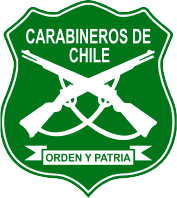
(National Police)
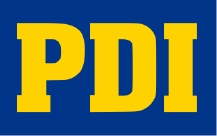
(Investigations Police)
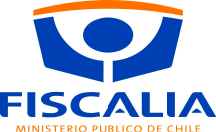
Public Prosecutor's Office
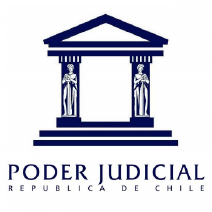
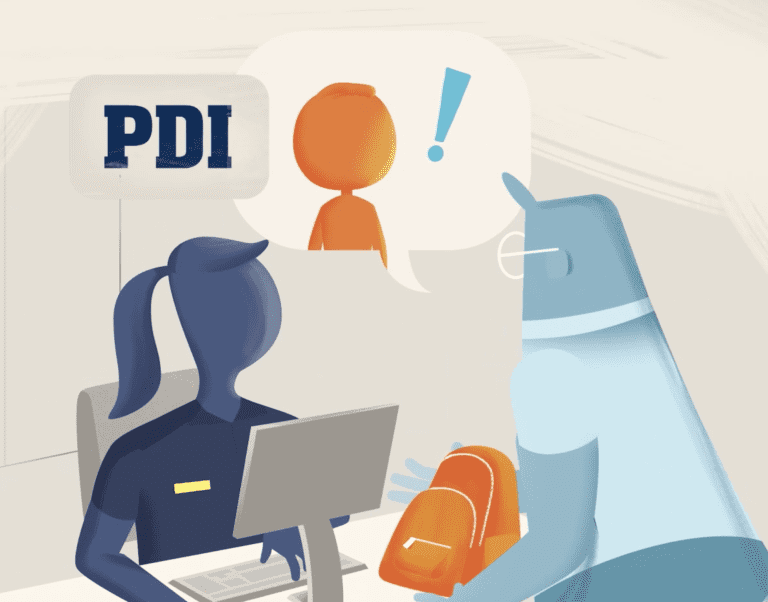
- Carabineros de Chile
(National Police)- You can call FONO NIÑOS 147, this is a free telephone service where children and adolescents can report when they feel their rights have been infringed.
- You can also go in person to the nearest police station.
Find it here - Or call 133 for guidance.
- Investigations Police (PDI)
- You can go to the nearest PDI station.
Find it here
- You can go to the nearest PDI station.
- Public Prosecutor’s Office (Ministerio Público)
- You can go to the local prosecutor’s office where the incident occurred or to the one you find most convenient based on your location.
Find it here
- You can go to the local prosecutor’s office where the incident occurred or to the one you find most convenient based on your location.
- Criminal Courts
- You can go to a court with criminal jurisdiction.
Find it here
- You can go to a court with criminal jurisdiction.
What Happens During the Report Process?
The officials at the institutions where reports are made must treat everyone with respect and dignity. If someone wants to file a complaint, the official must explain their rights and the steps they need to follow.
When someone experiences any form of violence or abuse, they have the option to report it. If you are a child or adolescent, you cannot be forced to do so, and you can go alone or with an adult, whichever you prefer. An adult can also file the report on your behalf without you being present.
When making a report, it is important that it takes place in a private and safe environment, where no one else can hear what is being said.
The official taking the report must record all words and gestures used to describe what happened. They cannot ask leading questions that pressure the victim to say something they do not want to or do not remember.

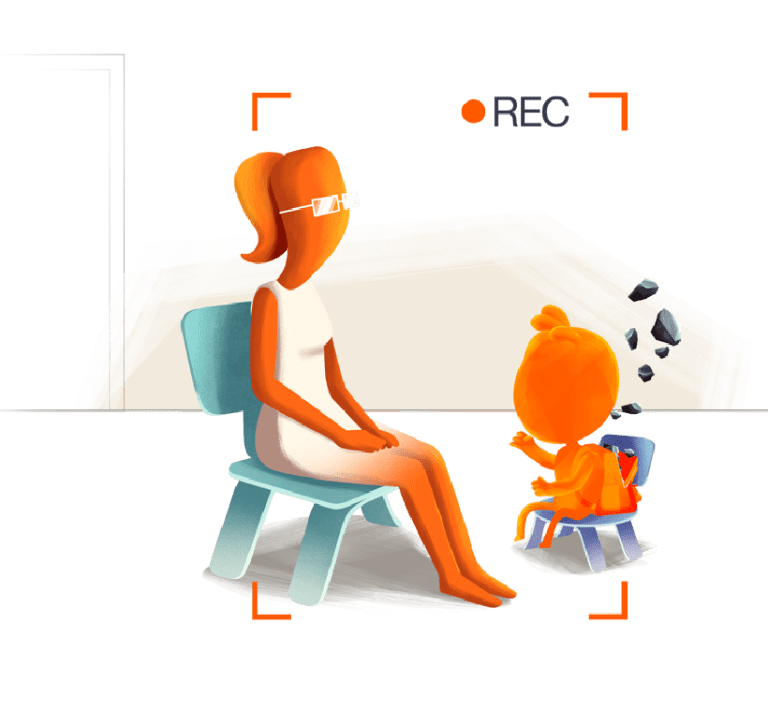
What Happens After Filing the Complaint?
After filing a complaint, an expert from the Regional Units for Victim and Witness Assistance (URAVIT) of the Prosecutor’s Office will contact the child, adolescent, or responsible adult to determine if they are ready to participate in an investigative video-recorded interview.
During this interview, they will be asked questions to better understand what happened and help resolve the issue. Before the interview, the professional will ensure the person is in good physical and mental condition to speak.
What is an investigative video-recorded interview?
After reporting a crime, there is a stage called an investigative interview. This is a conversation with a specially trained person who asks careful and precise questions to understand what happened. This interview is recorded on video and audio so that, if possible, no further questioning is needed in the future. It is important to know that everything said in the interview is securely stored to protect the rights of the children and adolescents involved.
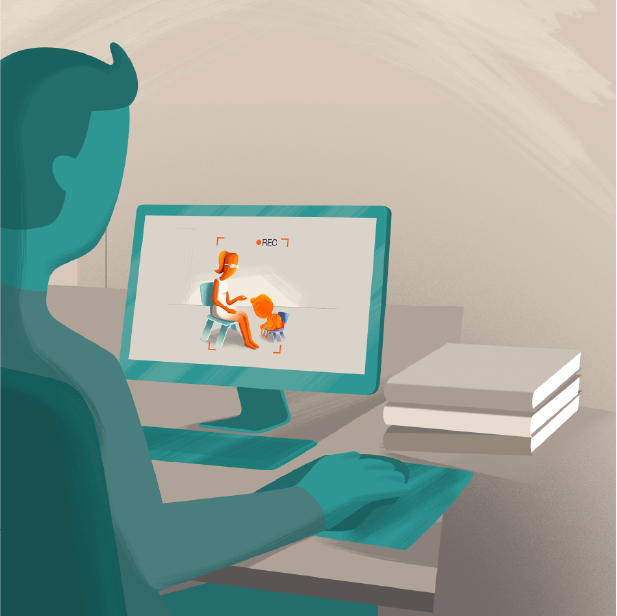

Thanks to the Video-Recorded Interviews Law, the State ensures that children and adolescents participating in the criminal justice system receive proper protection and care from specially trained officials.
What Happens During the Trial?
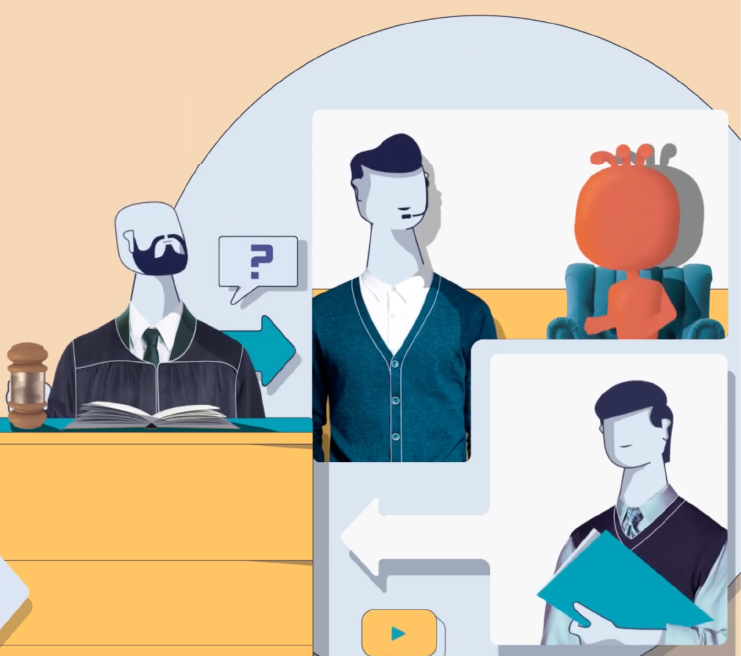
During the trial, measures are taken to protect children and adolescents who are victims or witnesses. These measures are designed to keep them safe and protect their identity, mental health, and physical well-being.
At this stage of the process, a trained and accredited person is appointed to interact with the child while they give their statement. The statement is taken in a specially designed room similar to the one used for the investigative video-recorded interview .
The child or adolescent will not have contact with the people in the courtroom. The prosecutor, defendant, defense attorney, and plaintiff submit their questions to the judge, who communicates them to the intermediary. The intermediary then rephrases the questions in an age-appropriate and understandable manner using an audio device similar to those used by television presenters.
What Can I Do If a Friend Tells Me They Have Been a Victim of a Crime?
Sometimes, someone may tell us something that is not right or is a crime. If this happens, it is important to know that we can help by talking to a trusted adult or reporting the incident to the authorities: Carabineros (National Police), Policía de Investigaciones (Investigations Police), the Fiscalía or Ministerio Público (Public Prosecutor’s Office), or any criminal court.
If someone shares such information with us, it is important not to spread it to other children or adolescents, as that person confided in us. Additionally, we can offer them our support and reassure them that we are there to help.
By doing so, we help protect our friends and make them feel safe. Remember, we can always seek help if we find ourselves in such a situation.

If you have any questions or comments, write to us at
[email protected]
Some Videos You Might Find Interesting


Useful Links
Sources
• Ministerio de Educación (Ministry of Education).
• Superintendencia de Educación (Superintendence of Education).
• Ministerio de Justicia y Derechos Humanos (Ministry of Justice and Human Rights).
• Defensoría de la Niñez (Child Protection Agency).
• Ministerio Público (Prosecutor’s Office).
